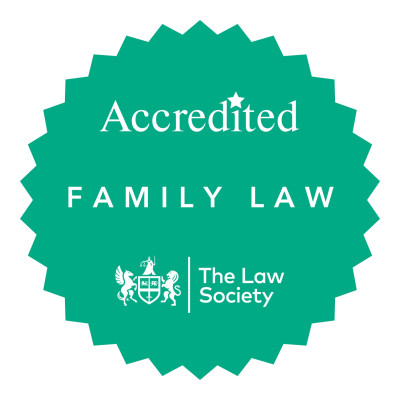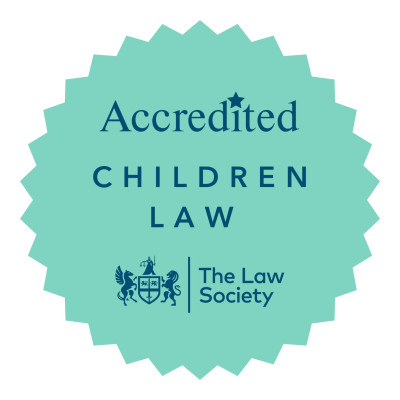CLOSE SEARCH

Our expert Family Lawyers have decades of experience working across all aspects of Family Law and specialise in helping parents to get the support in the form of Child Maintenance.
Contact us if you are involved in a Child Maintenance Claim or receive child maintenance and would like to discuss your options. Our team of specialist Lawyers provide a professional and pragmatic approach and can be contacted today to assist you.
There are three ways of obtaining child maintenance:
Child maintenance can be agreed directly between the parties or through Solicitors through a family-based arrangement. If such an agreement is reached, this can be recorded in a private agreement form through the Child Maintenance Options (formerly called the Child Support Agency (CSA). However, it is important to note that such an agreement is not legally binding. If the paying parent decides to stop paying the child maintenance payments, the resident parent cannot enforce the agreement.
The solution to this is to apply to the court to have the child maintenance agreement recorded in a Court Order. This is called a Consent Order which makes the agreement legally binding. If the court makes the order and the paying parent fails to pay the maintenance agreed in the consent order, the court will have the power to enforce the order.
If an agreement cannot be reached between the parties, the resident parent can make an application to the Child Maintenance Service. If you are looking for your child maintenance calculation, there is a calculator available on the CMS’ website to work out the weekly amount of child maintenance. However, there are certain situations where the Child Maintenance Service will not be able to assist, such as:
Where either parent lives outside of the UK
When the non-resident parent’s net income is more than £104,000 per annum
When a child has a disability or health condition
When a child is beyond secondary education
In these situations, an application to court will be required to address the issue of child maintenance.
Under the Children Act 1989, a parent can apply to the court for child maintenance to be paid by way of periodical maintenance payments, a lump sum or by a transfer of property into the sole names of one of the parents.
When deciding an application, the court will consider all information in the case and in particular the welfare of the child and will look at the following factors:
The income, earning capacity, property and financial resources of both parties now and in the future
The financial needs, obligations and responsibilities of the parties now and in the future
The financial needs of the child
The income, earning capacity, property and other financial resources of the child
The physical or mental disability of the child
How the child is or is expected to be educated or trained
Any financial provision that the court orders will last until the child reaches the age of 18. This is unless they are still in full-time education or there are special reasons why the child maintenance should be continued i.e. if the child has a disability.
The parent who does not live with their child full time and who does not have day-to-day care of the child is known as the non-resident parent. They have a responsibility to pay child maintenance up until the child is 16 years old or 20 years old if they are in full-time education (but not higher than A level or equivalent).


Telephone -
9am to 5pm
Head of Family & Child Law
Nicola is a children law specialist, acting for children, parents and family members in care and complex children cases. She is an accomplished trial advocate. She advices and provides training on legal aid issues and is the firm wide p......Call our team or fill out the form below and we will get back to you as soon as possible.
Telephone opening hours -
9am to 5pm